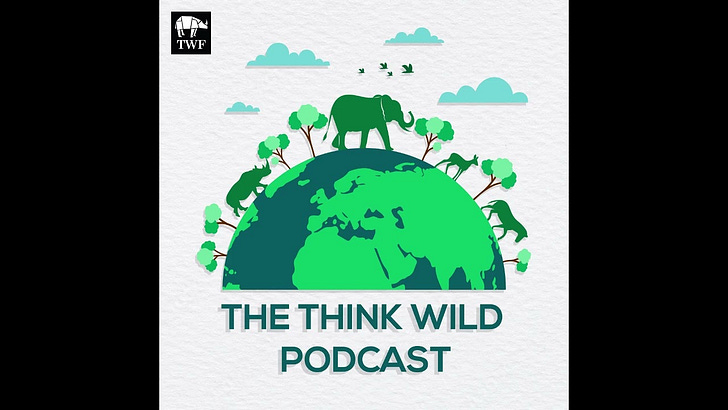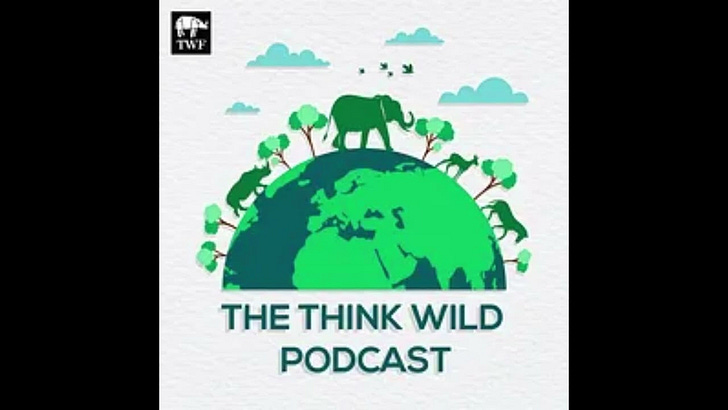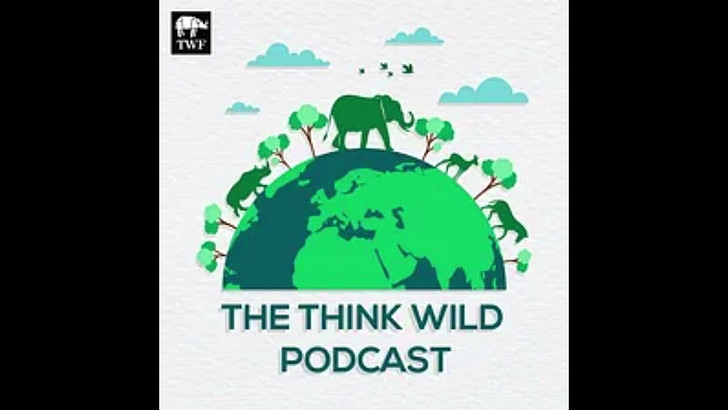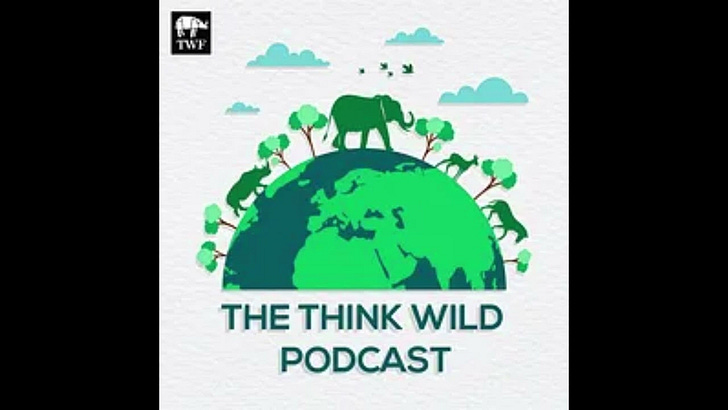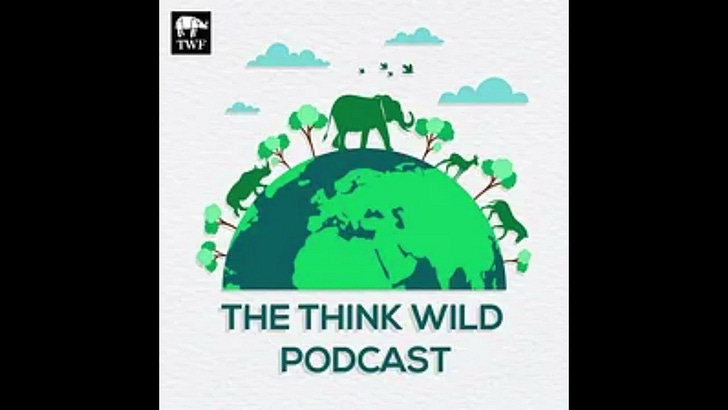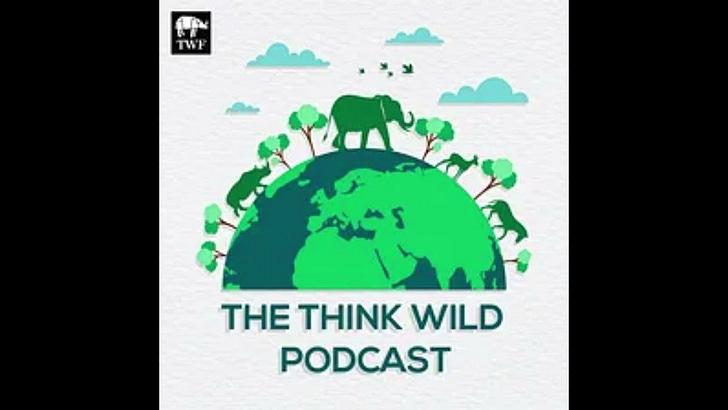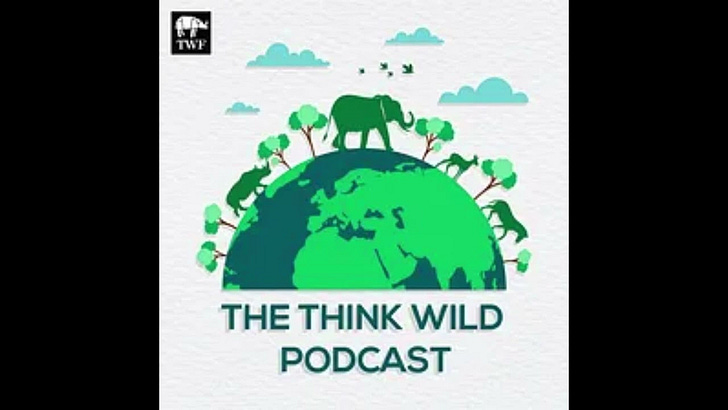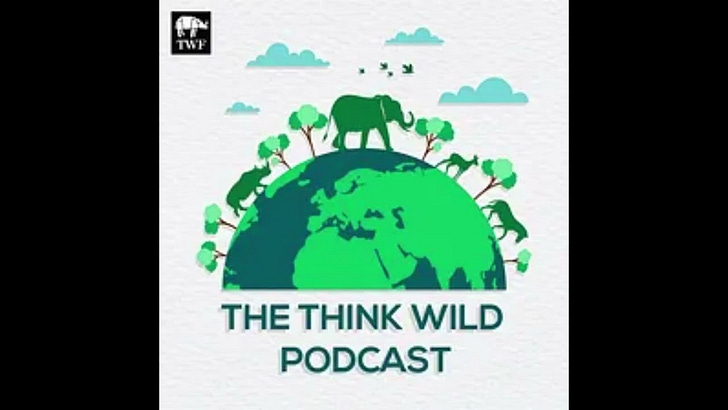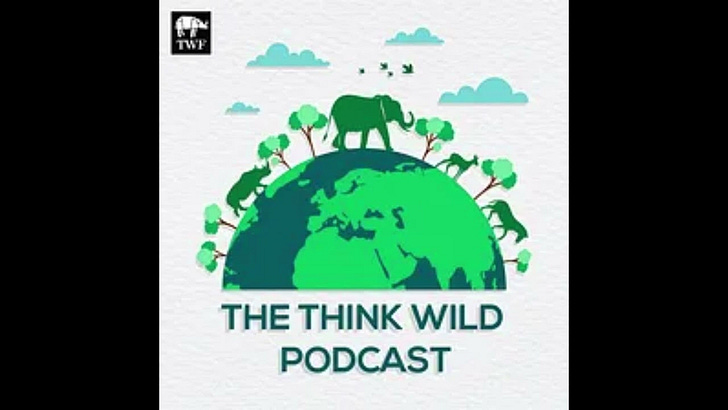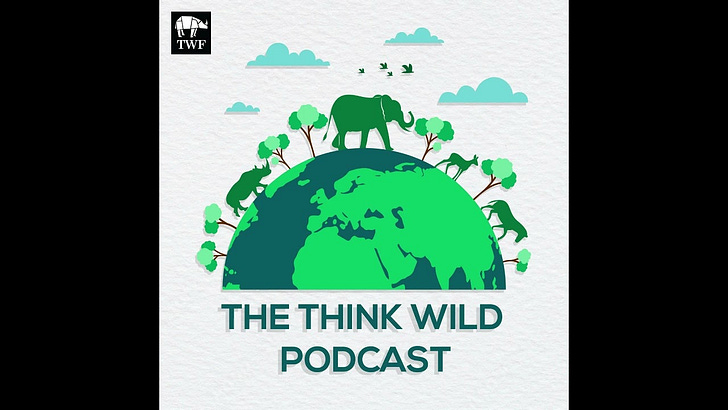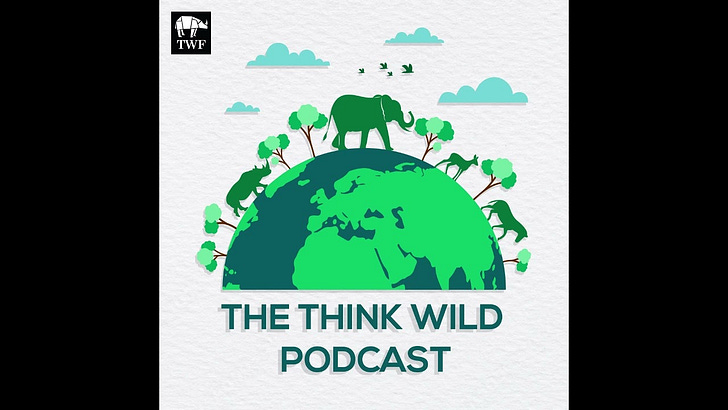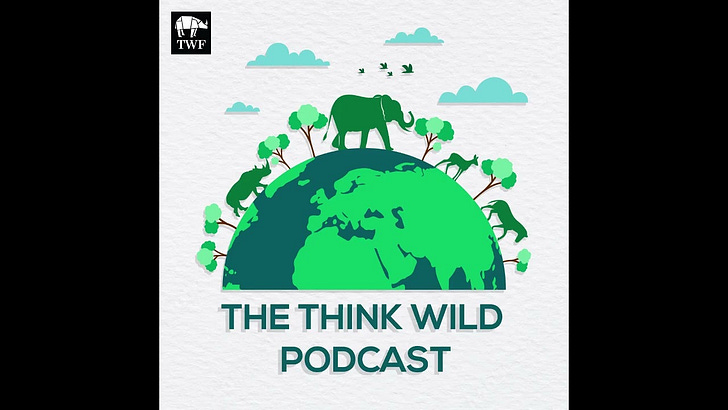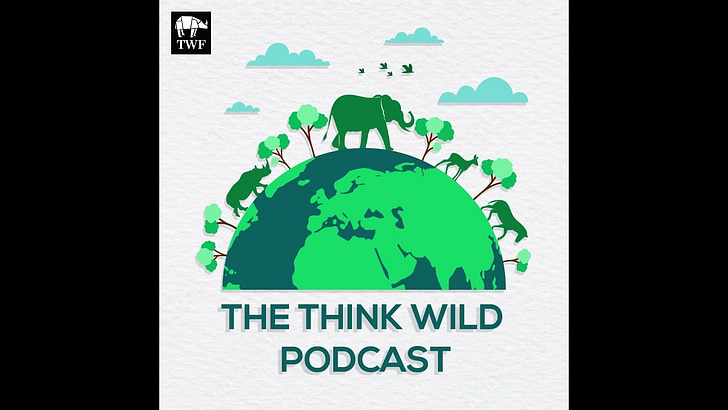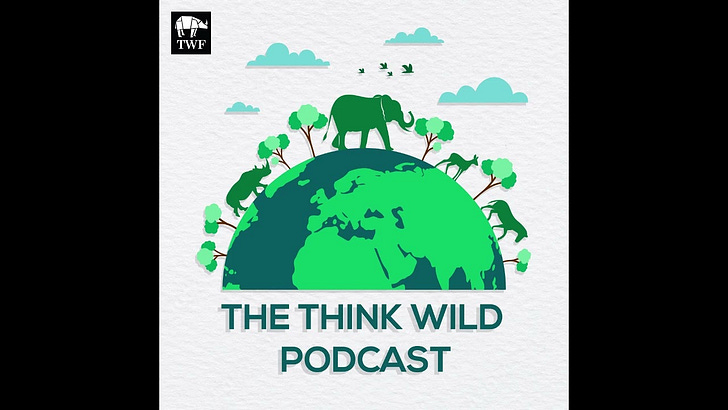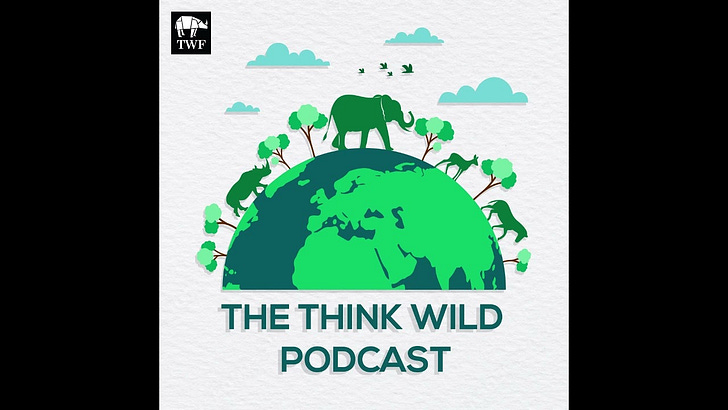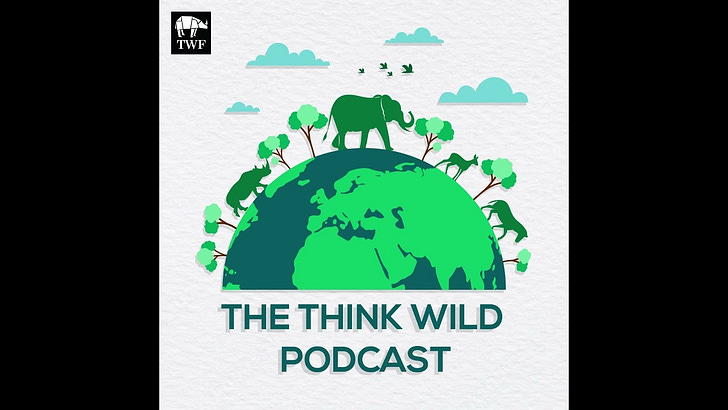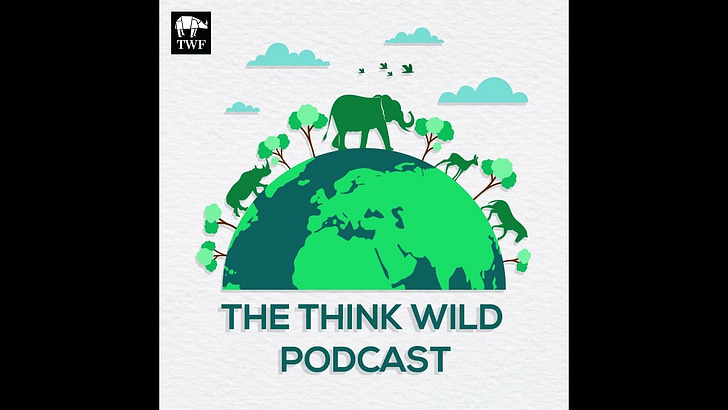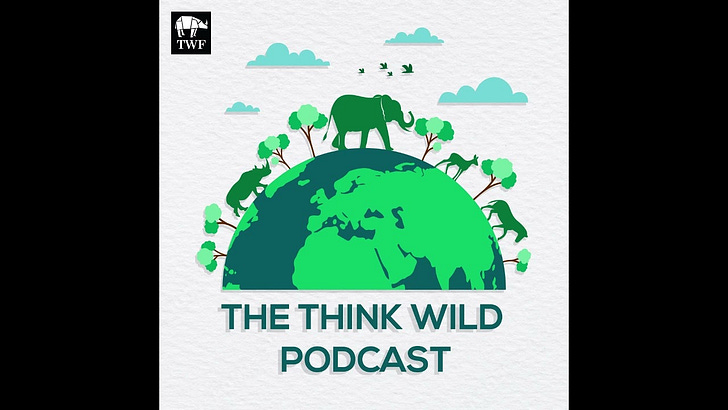S3|EP43- Restoring Urban Biodiversity and Building Resilient Cities with Urban Forests
Description
As the world rapidly urbanizes, our cities face growing challenges of ecosystem degradation, biodiversity loss, and climate impacts. In the 1950s, only 30% of the world’s population lived in cities; by the 2030s, that number will exceed 60%. While this shift creates opportunities for rural rewilding, it also threatens the health of our urban ecosystems. One of the most powerful solutions emerging is the creation of urban forests through the Miyawaki method, a pioneering approach to ecosystem restoration that has transformed degraded cityscapes into thriving green habitats.
In this episode, we speak with Nicolas de Brabandère, founder of Urban Forest, an organization dedicated to greening Europe’s cities by creating Miyawaki forests. Nicolas shares the story of how he started with a single experimental forest and went on to establish over 100 urban forests across Belgium, France, and Germany. These dense, native tree plantations not only restore urban biodiversity but also provide crucial ecosystem services that build urban resilience against the impacts of the climate crisis.
We explore the origins of the Miyawaki method, developed by Japanese botanist Professor Akira Miyawaki, who studied plant communities and natural vegetation to design a system for recreating self-sustaining forests. By planting native trees densely in degraded soils, the method accelerates growth, enhances soil biology, and supports urban wildlife conservation. Within just three years, these forests become independent, creating vibrant urban habitats that benefit both nature and people.
Nicolas walks us through the practical steps of creating a Miyawaki forest: selecting suitable land, preparing degraded urban soils, choosing the right native species, and involving the community in planting and maintenance. He highlights the importance of community engagement, from neighborhood planting events to school-based programs like Kids in the Woods, which connect children with nature while building long-term stewardship of green cities.
We also discuss the challenges of financing, soil preparation, and ensuring proper maintenance until the forest is self-sustaining. Despite these hurdles, the method has proven transformative, offering a blueprint for urban ecosystem restoration worldwide. Miyawaki forests combat ecosystem degradation, sequester carbon, restore ecological connectivity, and serve as nature-based climate solutions that cities urgently need.
This conversation underscores how urban biodiversity conservation is not just about planting trees, but about building ecosystem resilience, fostering community, and creating cities that work in harmony with nature. Whether it’s through corporate partnerships, grassroots neighborhood initiatives, or educational programs, everyone can take part in greening their surroundings and restoring balance to our urban landscapes.
Tune in to learn how small patches of forest can create massive ecological and social impacts, why the Miyawaki method is considered one of the most effective tools for restoring degraded ecosystems, and how you can get involved in bringing nature-based solutions into your city.
#urbanforests #urbanbiodiversity #urbanecology #urbanwildlife #urbanecosystems #urbanecosystemrestoration #urbanbiodiversityconservation #urbanwildlifeconservation #ecosystemrestoration #ecosystem #ecosystemdegradation #greencities #naturebasedsolutions #naturebasedclimatesolutions #urbanresilience #ecosystemresilience #treeplantations #miyawakiforest #miyawaki #miyawakimethod #urbanhabitats
Get full access to The Think Wildlife Podcast at anishbanerjee.substack.com/subscribe

